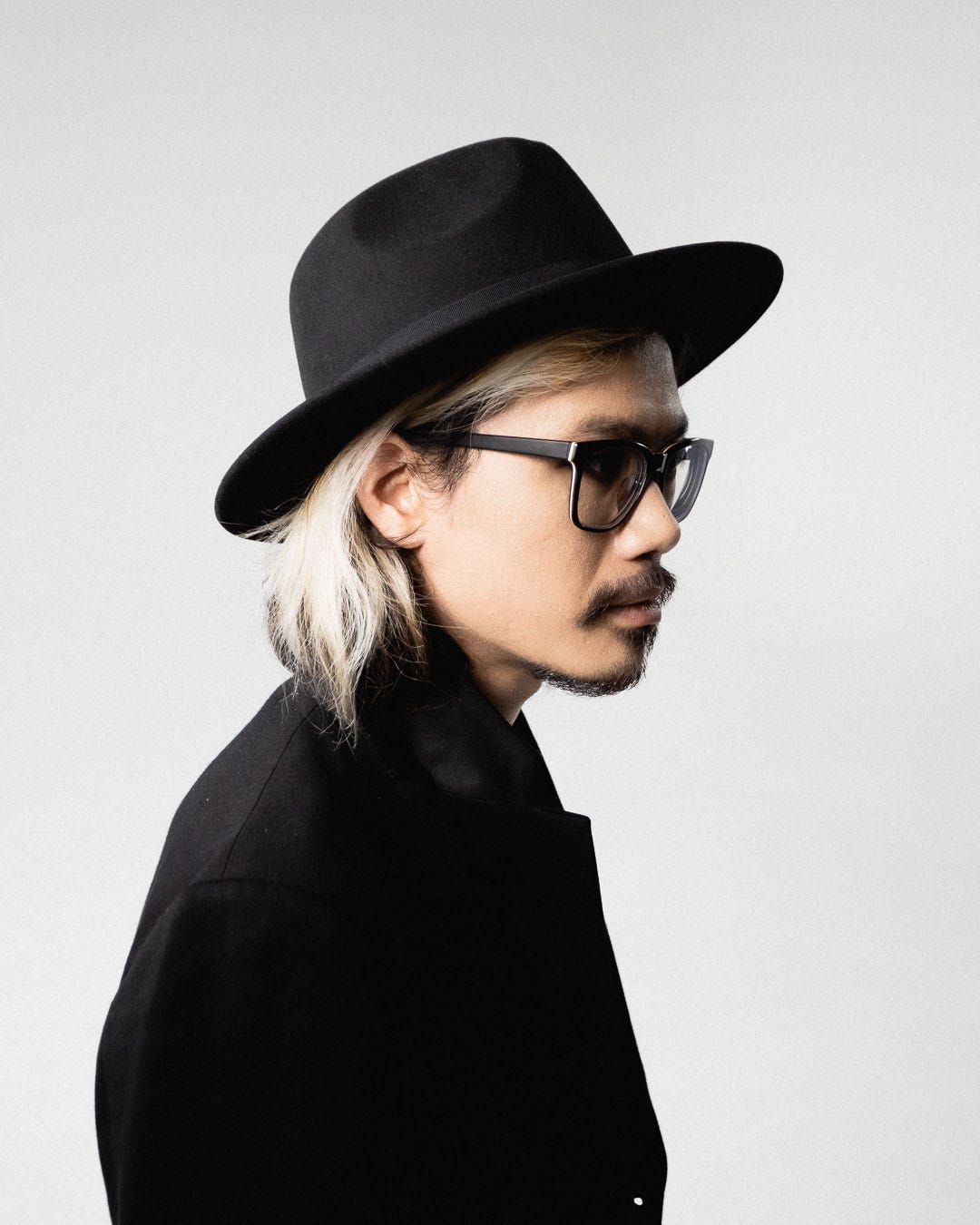Interview with Saun Santipreecha
SAUN SANTIPREECHA is a composer and sound artist from Thailand whose work often explores the inescapable interiority of experience and those singular moments which cast a shadow across the plain of one’s existence, examining and questioning this from a multitude of angles. On a thematic level, these inquiries resonate outwards t…
Keep reading with a 7-day free trial
Subscribe to Volatile Weekly to keep reading this post and get 7 days of free access to the full post archives.




